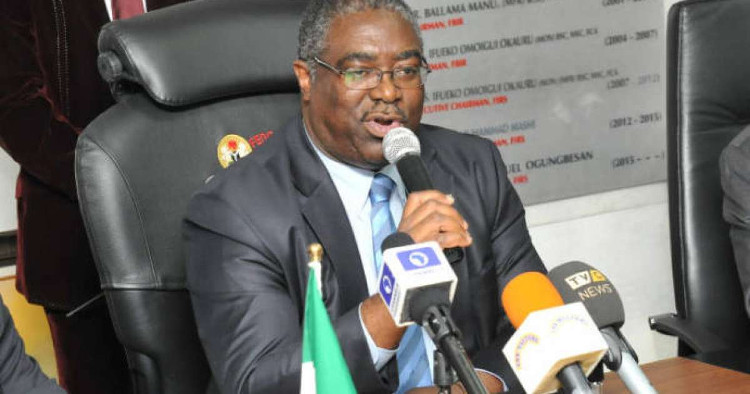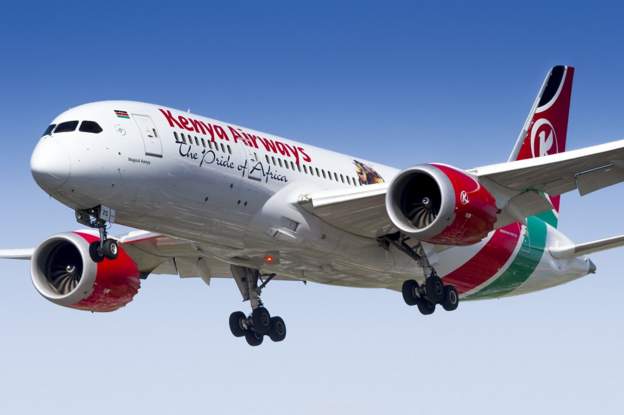
COVID: WTO, AFDB, ADB, IFC, ITFC Others support trade financing
COVID: WTO, AFDB, ADB, IFC, ITFC others support world trade financing |
|
The COVID-19 pandemic has provoked the deepest economic downturn of our lifetimes. In addition to the ongoing shocks to supply and demand, international trade has been affected by a reduction in the supply of trade finance. Risk perceptions about non-payment in international trade are at the highest levels in a decade; banks are increasingly reluctant to take on payment risks in many countries where economic conditions are deteriorating. Insufficient trade finance threatens to compromise otherwise-viable trade transactions. We share the concerns being expressed in markets, and will work within our respective remits to make trade finance available through this difficult period, just as we did during the global financial crisis of 2008-10. In many developing countries, particularly the poorest, shortages of trade financing can prevent commercial imports of essential goods like foods, drugs and medical equipment, on the import side. On the export side, it can prevent the sale abroad of crops and other products that provide livelihoods for the poor and are a key source of foreign exchange. Trade finance scarcity disproportionately affects micro, small, and medium-sized enterprises (MSMEs), which account for the bulk of employment. Since the beginning of the COVID-19 outbreak, multilateral development banks have stepped up trade finance programs to support essential imports and key exports (see Annex), as international correspondent banks have cut lending across many developing country regions. Facilitating trade in medical supplies has been a significant part of these support packages. More support will almost certainly be necessary in the weeks and months ahead, as the steep decline in the real economy starts to impact the financial system through loan defaults and corporate bankruptcies. Many developing countries were experiencing significant trade finance gaps even before the COVID-19 crisis; they face even tighter access to trade credit. A further decline in trade finance supply would, in the short term, make it harder for imports of food and medical equipment to reach economies where they are urgently needed. In the medium-term, it would impede the ability of trade to help drive economic recovery. We, the World Trade Organization (WTO), International Finance Corporation (IFC, World Bank Group), European Bank for Reconstruction and Development (EBRD), Asian Development Bank (ADB), African Development Bank Group (AfDB), International Islamic Trade Finance Corporation (ITFC, part of the Islamic Development Bank Group), and the InterAmerican Development Corporation (IDB Invest, part of the Inter-American Development Bank Group) will continue to assess market developments as needs evolve and each of us will act within our respective mandates to reduce trade finance gaps that emerge during this crisis. We prioritize our support to areas in the world where such support is needed most, particularly the poorest countries. We also call on other relevant financial institutions to support essential trade finance transactions. Annex Since the beginning of the COVID-19 outbreak, multilateral development banks have stepped up trade finance programs to support essential imports and key exports, as international correspondent banks have cut lending in many countries in Africa, Latin America, Eastern Europe and the CIS, the Middle-East, the Southern and Eastern Mediterranean (SEMED) region, and developing Asia. Facilitating trade in medical supplies has been a significant part of these support packages, which include the following: – As part of the World Bank Group’s $14 billion COVID-19 crisis response facility, the International Finance Corporation (IFC) launched a $6 billion trade and working capital finance initiative which comprises $2 billion from each of the Global Trade Liquidity Program/Critical Commodities Finance Program and the Working Capital Solutions program, as well as an allocation of $2 billion from the existing $5 billion Global Trade Finance Program. – On April 13, the Asian Development Bank (ADB) launched a $ 20 billion comprehensive support package to assist its developing member countries in their fight against COVID-19 through measures such as quick disbursing budgetary support with affordable terms and conditions. As part of this $20 billion package, ADB ramped up its $2.45 billion trade and supply chain programs. Over an eleven-week period from April 1 onwards, ADB supported 1,700 transactions valued at $1.2 billion, addressing shortages and expanding the supply of essential goods, including COVID test kits, medicines and personal protective equipment, through its trade and supply chain programs. – Responding to the coronavirus pandemic, the European Bank for Reconstruction and Development (EBRD) launched two Solidarity Packages which include a massive increase in trade finance support. In the first five months of 2020 alone, the EBRD has provided amplified financing for trade with a record EUR 1.5 billion. – With the approval of its $10 billion Covid-19 Rapid Response Facility (CRF) in April 2020, the African Development Bank (AfDB) is providing up to $1 billion in trade finance liquidity and risk mitigation support to local banks in all 54 eligible African member countries. – The International Islamic Trade Finance Corporation (ITFC) launched a US$850 million intervention, part of the Islamic Development Bank (IsDB) Group’s US$2.3 billion 3Rs (Respond, Restore, and Restart) COVID-19 Economic Recovery Program. The ITFC Response combines financing and technical assistance for governments, financial institutions and SMEs. – As far as the Inter-American Development Corporation (IDB Invest) is concerned, in March of 2020, the Trade Finance Facilitation Program (TFFP) of IDB Invest has recorded a demand increase of 245% year-on-year. To support clients and the underlying MSMEs that often benefit from trade finance in times of credit shocks, IDB Invest will increase its guarantee and lending program by $1.5 billion for a total of $3 billion under the TFFP. |




Recent Comments